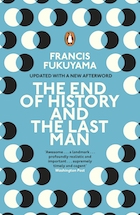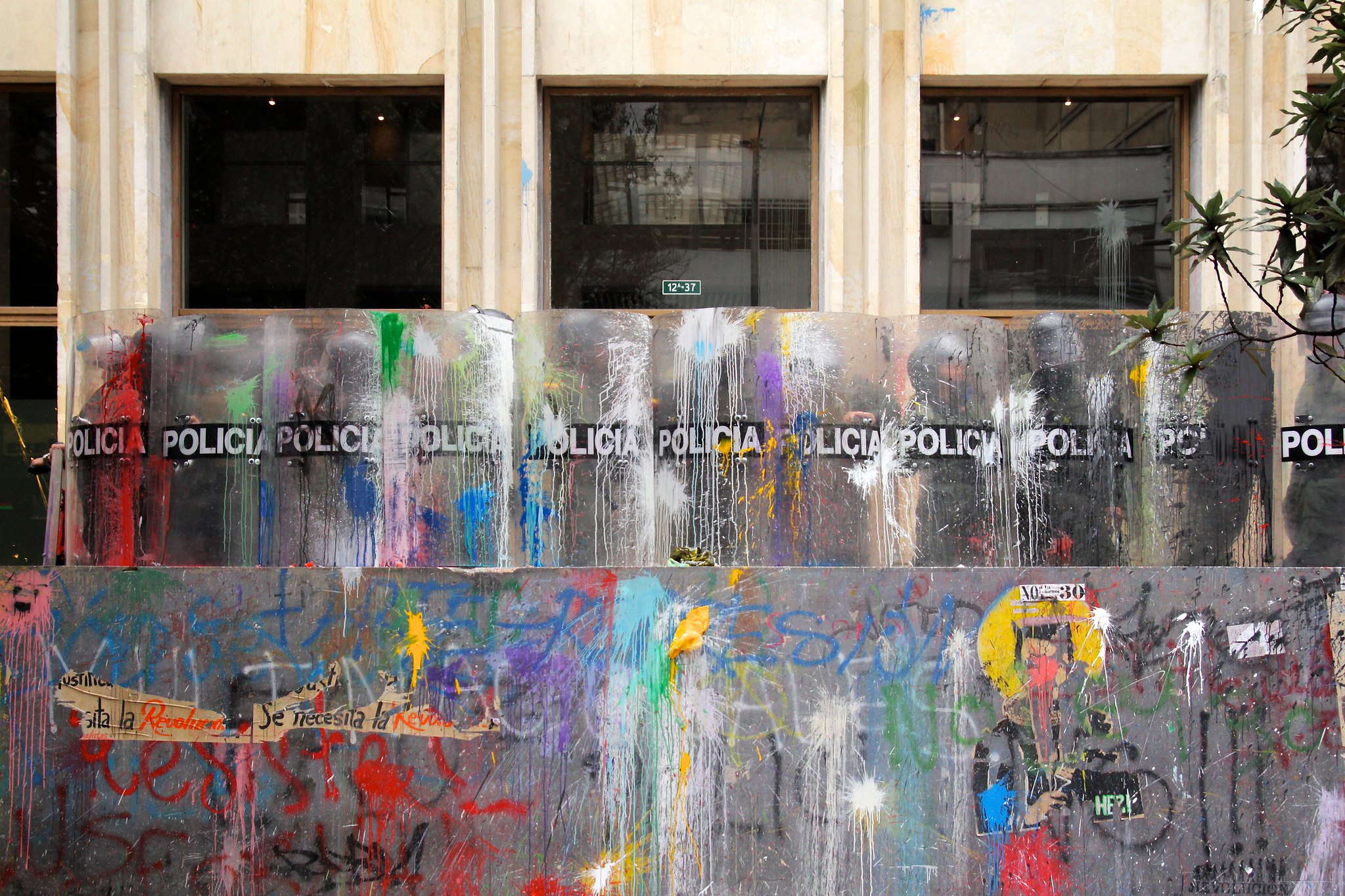Pop the bubble
It has been two weeks since violent protests in Colombia became global news. Clashes between protesters and the police have left more than 40 people dead, untold property damage, and a deeply unpopular government. But protesters have failed to pop the mental bubble of the affluent – especially the professional class – who refuse to believe leftist populism is on the rise.
An alarming number of people fail to acknowledge how the social anger, which began before the pandemic, can empower the populist left embodied by a former-guerrilla-turned-politician Gustavo Petro. The one-time-mayor of Bogota has become known, among other things, for his friendly disposition to the dictatorship in next door Venezuela. Polls show that Petro remains the country’s most popular politician three years after he came close to winning the presidency, and just twelve months before the next election. Add to that, deeper poverty and inequality, a cash strapped government, discredited right wing politicians in power, and a new generation of progressive voters eager to punish the elite, and two plus two makes four.
Of course, a lot can happen in one year. Petro could finally, somehow, self-destruct, opening the door for a victory of the moderate left favored by many in the professional, “thinking” class, a privileged minority. But the refusal to even imagine a leftist populist victory, shows the level of delusion of an upper class that believes that its liberal democratic worldview is an accepted standard. Countries are not iPhones and democracy is not the default factory setting for society.
Educated elites in Colombia can afford to care about the environment, anti-corruption, human rights, and hot button cultural issues – all of them legitimate concerns. In their view, however, the future is a natural, straight road to renewables and equality. But Colombia is not Switzerland and Latin America is not Western Europe. In a country where 42% of the population lives in poverty, children still die of malnutrition, and a 50-year-old armed conflict has no end in sight, the priority of most people here is survival, not personal freedoms. The truth is the majority poor who feel ignored don’t give a hoot about liberal democracy because they feel it doesn’t work for them.
Affluent Colombians argue that theirs is a country of strong institutions, that is part of the OECD now, and that it remains the second longest running democracy in the region, after Costa Rica. They also like to argue that Colombians have historically voted for reasonable, conservative politicians. That’s true, until it isn’t.
In fairness to Colombia’s upper class, political delusions that come with affluence have left many others unprepared. US coastal elites at one point could not fathom Donald Trump ever living in the White House. And in oil-rich Venezuela the well-off were blindsided by the arrival of the leftist paratrooper Hugo Chavez. Populist demagogues flourish in any society if enough people feel trampled on.
Fortunately, much has been achieved in the past 50 years in the Americas, but history is not a straight line to our personal version of utopia. Most of human history has been rough, extremely unfair and unequal which means our current circumstances are still an anomaly. For all its achievements, liberal democracy is still perilously fragile and, if we fail to carefully care for it, we are all just an election away from humility.
What I’m (Re) Reading
 An appropriate reading suggestion for this week is “The End of History and the Last Man” (Perennial, 2002) by Francis Fukuyama. It is now a much maligned, best-selling classic that I suspect few people have read cover to cover. Fewer still, have absorbed all its lessons.
An appropriate reading suggestion for this week is “The End of History and the Last Man” (Perennial, 2002) by Francis Fukuyama. It is now a much maligned, best-selling classic that I suspect few people have read cover to cover. Fewer still, have absorbed all its lessons.
Fukuyama gets flack because he was a neoconservative (a bad word these days) and because he argues that liberal democracy is the most advanced form of political organization, after which there is little left to innovate. But he gets a lot right, especially when he pinpoints what can make liberal democracy unviable (read chapter 20). This includes: the character of a country as well as the ethnic and racial makeup, religion, inequality, and an unhealthy civil society. He also alerts us to how inequality, and religious or political fanaticism threaten to bring the whole liberal democratic edifice tumbling down. We are seeing much of that now in rich and poor countries alike.
But there are two more points the book makes that merit mention: 1) Even in strong middle class societies some form of inequality will always prevail because of culture and nature itself (we all have unequal talents and different habits), and 2) “no socioeconomic system is able to satisfy all men in all places. This includes liberal democracy.” Democracy pushes us to seek more rights, and equal recognition for all, but there’s a limit to how equal we can be, and this can become a seed of discontent that unscrupulous demagogues can exploit. Remember: this guy is an optimist who argues that democracy is the most perfect form of social organization.
Personally, I don’t agree with all of the book’s arguments, but it has become a source of reference for me because in many ways it is deeply realistic and honest and helps ground my political worldview. The book refers to the Middle East and Latin America as examples of regions where, because of their social structure, liberal democracy will struggle to sink its roots. As Fukuyama saw it, the biggest future threat to democracy was not outright dictatorship, but a populism that will “wear the clothing of liberalism while changing its meaning from within.”

Share this